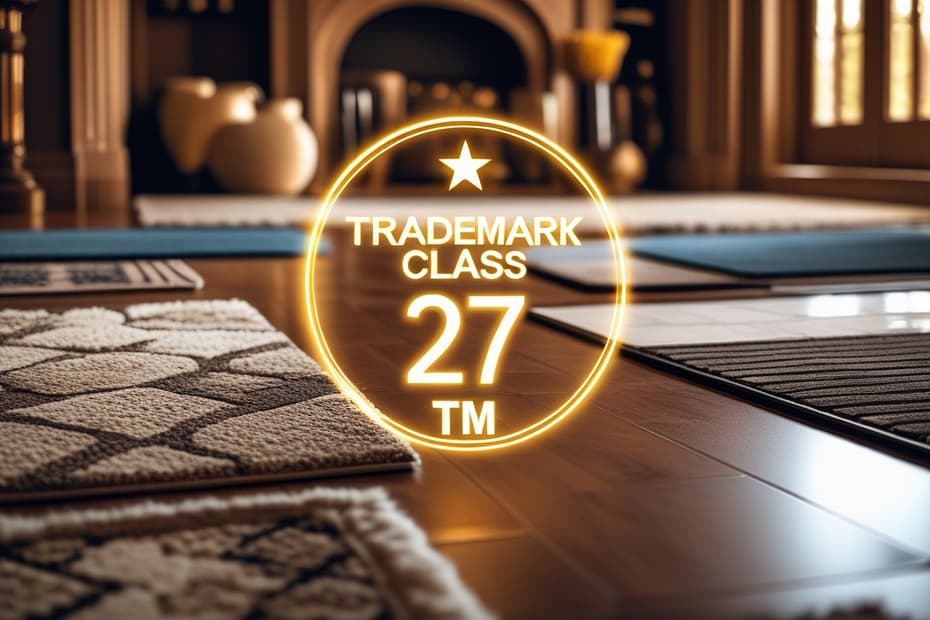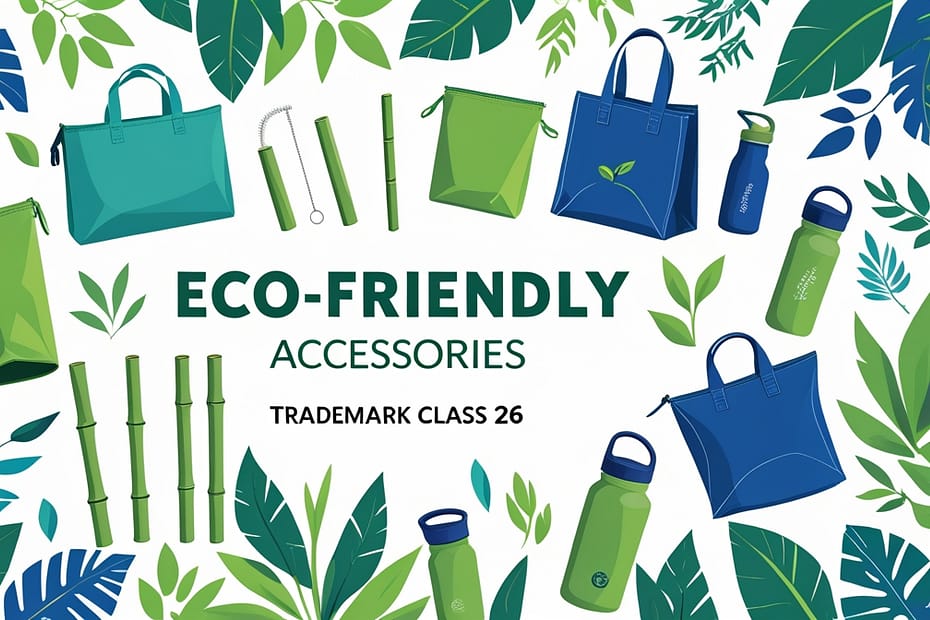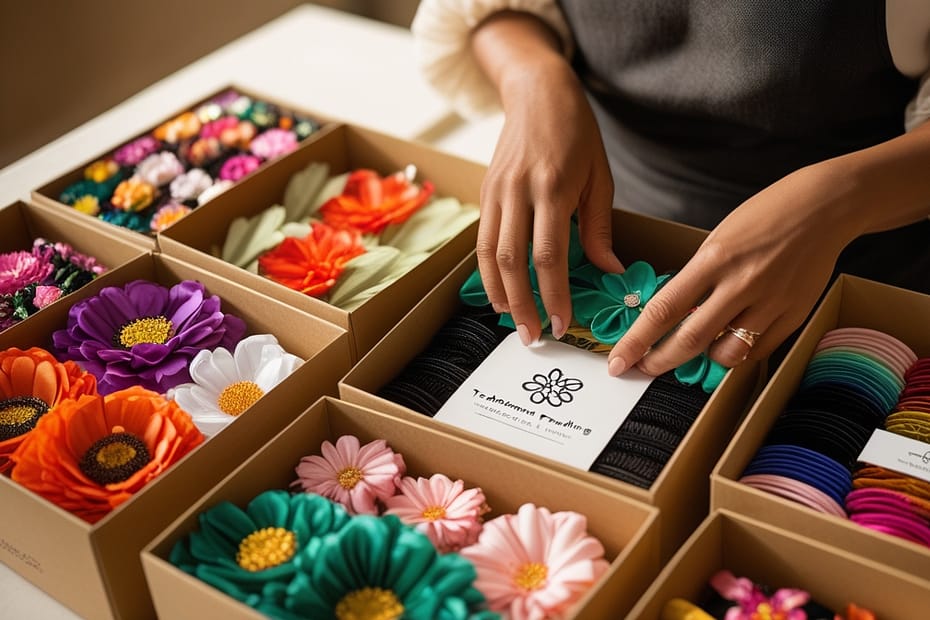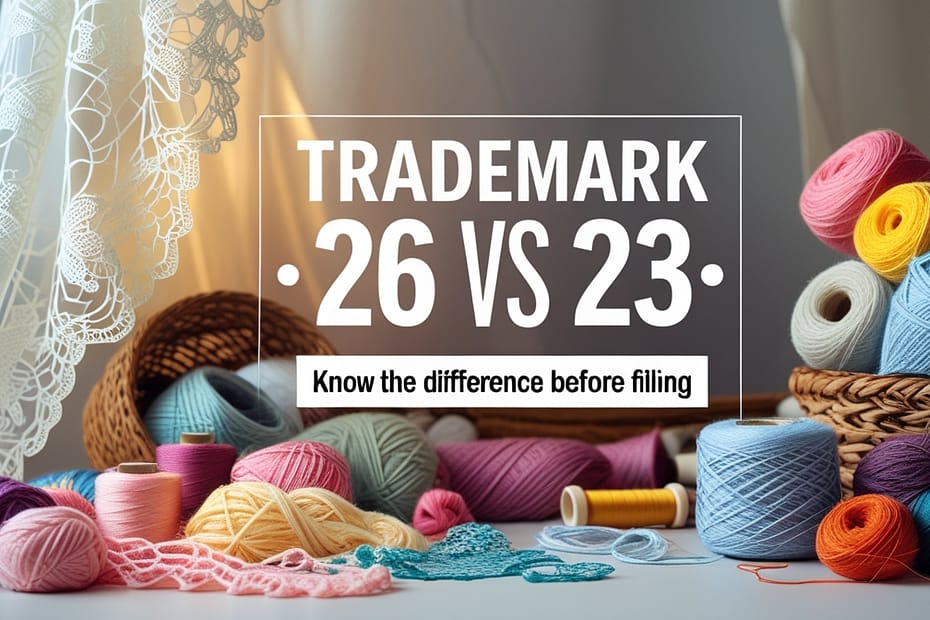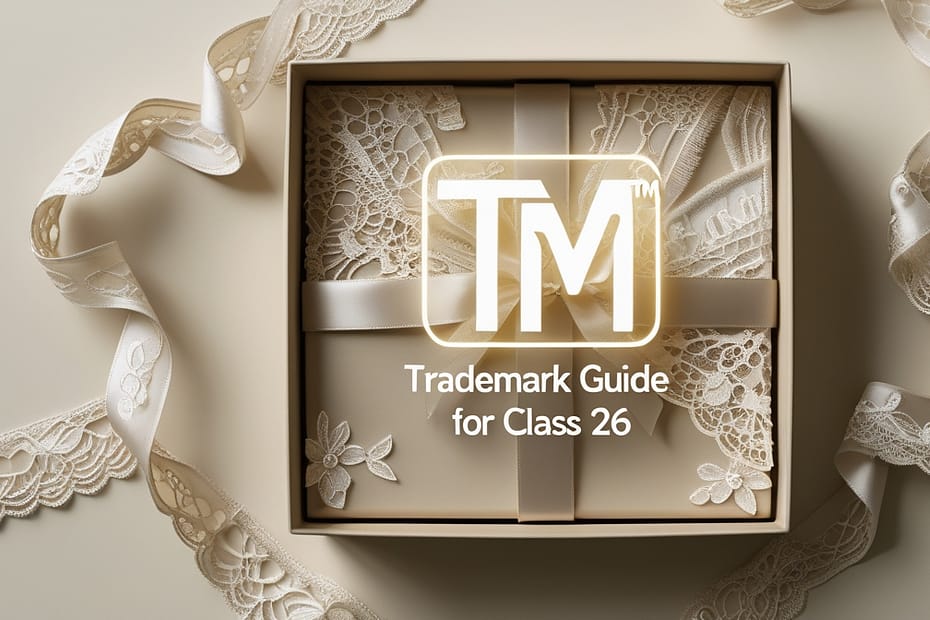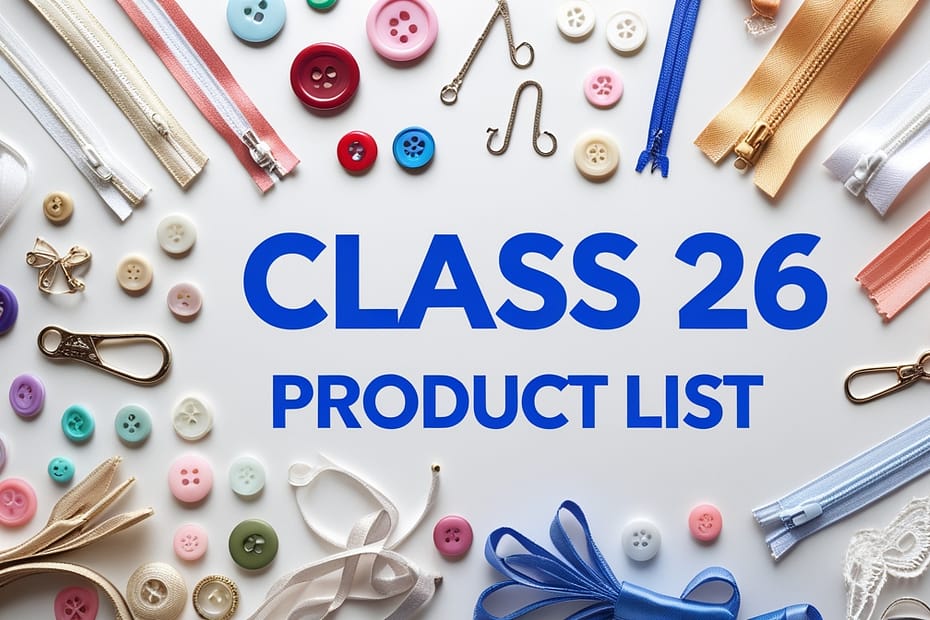What Is Trademark Class 27? Complete Guide for Floor Covering and Carpet Brands
In the world of interior design and home décor, floor coverings are more than just functional items — they define the aesthetic and comfort of a space. Whether it’s a luxurious carpet, elegant rug, or… What Is Trademark Class 27? Complete Guide for Floor Covering and Carpet Brands

